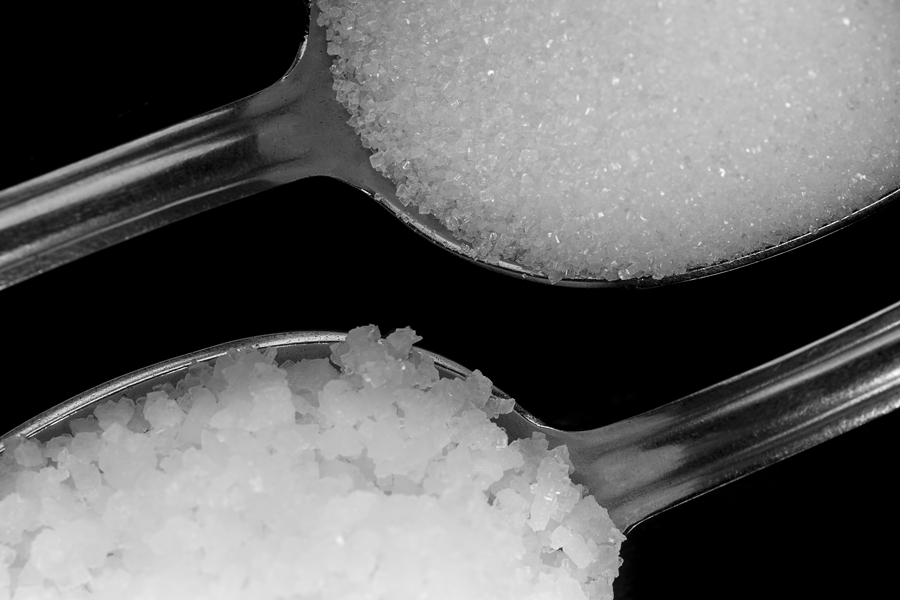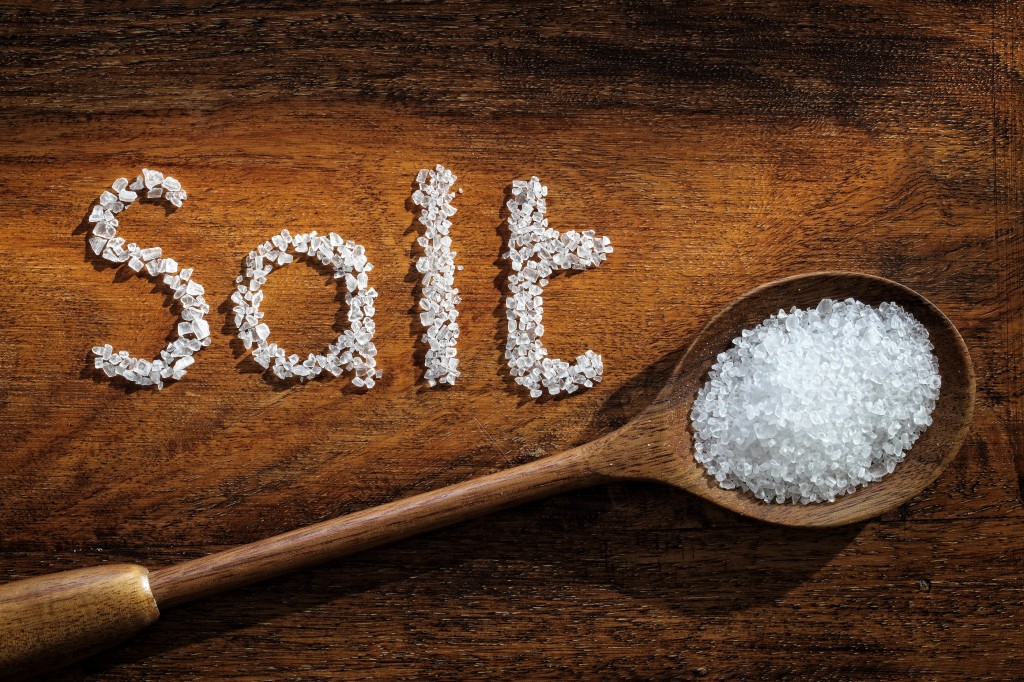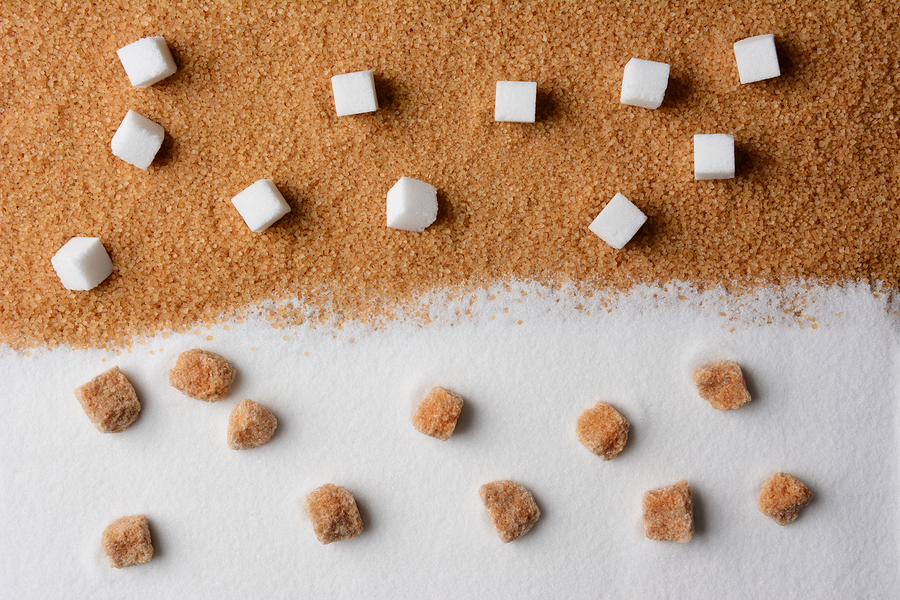- Make It Yourself Lavender Heart-Shaped Bath Bombs!
- 20 Things You Never Knew About “Down There”
- 12 Best Foods For Those Suffering From Arthritis Pain
- 12 Personal Hygiene Mistakes Almost Everyone Makes (Mom Never Told You About #4!)
- 15 Medicinal Plants And Herbs From The Cherokee People
- 12 Mind-Blowing Benefits Of Drinking Coconut Water During Pregnancy
- 12 Outstanding Winter Foods That Won’t Fatten You Up Like A Christmas Turkey
The 2 Popular Food Additives That Are Erasing Years From Your Life

Photo credit: bigstock.com
Food additives and chemical preservatives have a huge impact on our health — much more so than many people realize. There are two additives in particular, however, that are not only very common, but most people already know that they are dangerous! Why do people continue to use these two additives even though they are aware of the dangers? Because they are very flavorful and yet, very addicting. The two most popular food additives we are talking about are salt and sugar. Keep reading!
The Very Real Dangers Of Added Sugar
There is no denying the overwhelming statistics showing that American’s love of sugar and its increasing levels of consumption have led to the rising rates of obesity in this country. One study, which was completed in 2011 and followed subjects for 20 years, found that those who increased their intake of sugar gained one extra pound every four years. For every sugar-filled soda they drank, the number of pounds gained was even higher.
Sugar is the reason behind the very high levels of Type 2 diabetes in America. Imperial College in London published a 2013 study finding that subjects who consumed just one sugary soda each day increased their risk of developing diabetes by 22 percent!
Our bodies were never designed to handle this amount of processed sugar. When we consume large amounts of sugar, the body releases insulin to try to deal with it. When there is more energy than the body can use at that moment, it stores the excess as fat, most often around the waist. Continued consumption of sugar causes insulin levels to go even higher, which causes damage to the blood vessels, increasing the risk of other health problems including stroke, high blood pressure, and heart disease.
Perhaps the worst kind of refined sugar is the type that is consumed most often: High fructose corn syrup. This is a highly concentrated type of sugar that is found in almost all processed foods. Consuming high fructose corn syrup usually results in a fructose “overload” for your liver. This type of sugar clogs the liver’s function and can result in fatty liver disease or even liver failure.
Even if you avoid high fructose corn syrup, other studies have linked refined sugar to an increased risk of depression, headaches, premature aging, obesity, suppression of the immune system function, and colorectal cancer.
Continue to Page 2
Many people are unaware of exactly how much sugar they are consuming. They feel that if they avoid cookies, candy, cake, and sodas they are in the clear, but this isn’t necessarily true. Most people consume three times the amount of sugar that is considered to be safe because it is often hidden in foods. Sugar goes by many different names, so sometimes you aren’t even aware of how much you are eating because you didn’t see the word “sugar” on the label. Just a few of the most popular names for sugar are:
- Maltodextrin
- Barley malt
- Cane juice or cane juice crystals
- Corn syrup
- Malt syrup
- Fruit juice
- Fruit juice concentrate
- Glucose solids
- Buttered syrup
- Dextran
- Glucose
- Lactose
- Dextrose
The journal Nature Communications did a study where they fed mice the equivalent of the “safe” level of sugar consumption each day, which is about three sodas worth of sugar. After just a few days, the mice began to experience symptoms of toxicity, the female mice doubled their risk of early death, and the male mice had 25 percent fewer offspring than the control group.
Continue to Page 3

Photo credit: bigstock.com
The Second Ingredient: Salt
Although sodium is essential to the human body, we actually need only about 500 mg for our body to function properly. If we fall below this level, the body can experience fatigue, hyponatremia, headaches, kidney damage, concussions, and in extreme cases, coma.
Unfortunately, the refined salt that most of us consume is not the best option. Refined salt is stripped of almost all minerals, leaving behind only a compound called sodium chloride. Our bodies need these other trace minerals that are found in natural salt.
Refined salts are also filled with other chemicals that the body does NOT need, such as sodium bicarbonate and potassium iodine. These have a dehydrating effect, which causes health problems such as gout, obesity, and high blood pressure.
The journal Appetite published a study finding that women who added refined salt to their daily diet had higher levels of depression than those who did not.
Almost all of the refined salt Americans consume comes from processed foods, junk foods, or fast foods. Using natural, unrefined salt, such as sea salt or Himalayan salt, can help the body more easily move nutrients to the cells, stabilizing blood pressure and blood sugar levels.
READ ALSO: All The Truth About Food Additives Infographic
Although it can be difficult to change our diets, making small changes over time will lead to huge improvements in your health. These are two areas to start with that will make a difference you will see and feel.
References:


































NofDen
Apr 16, 2018 at 10:40 am
Good article thank you.